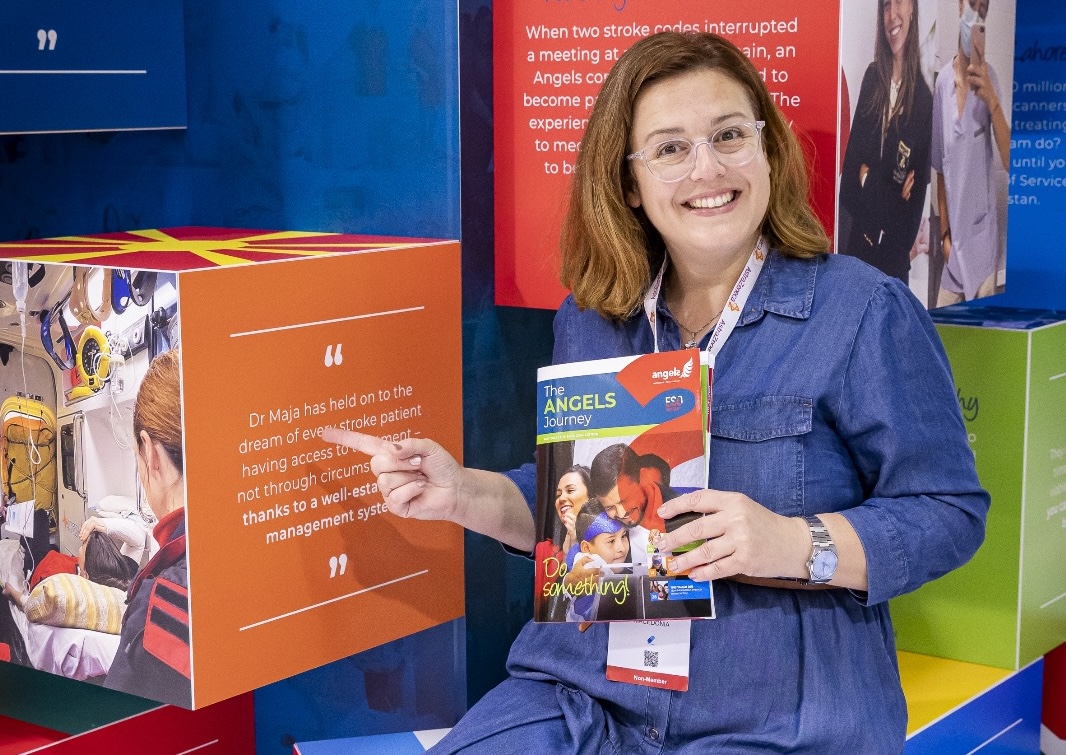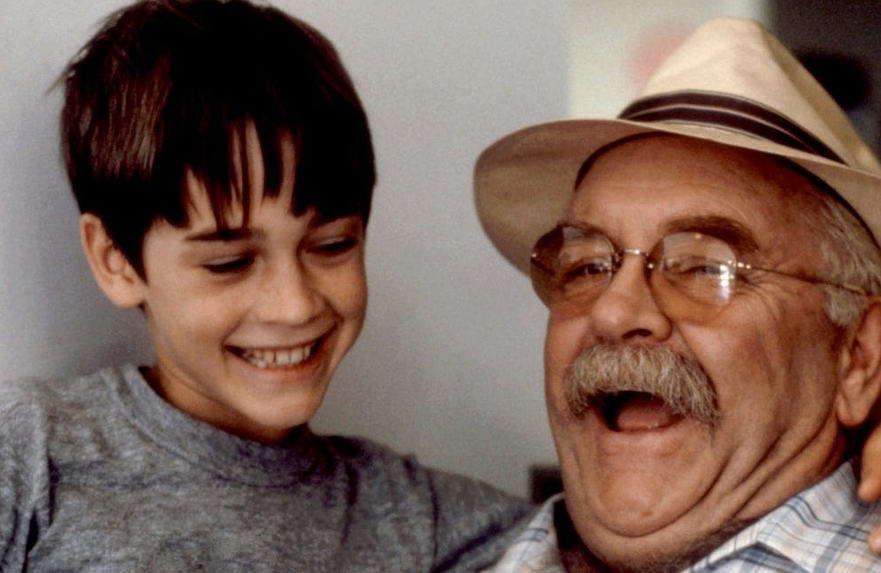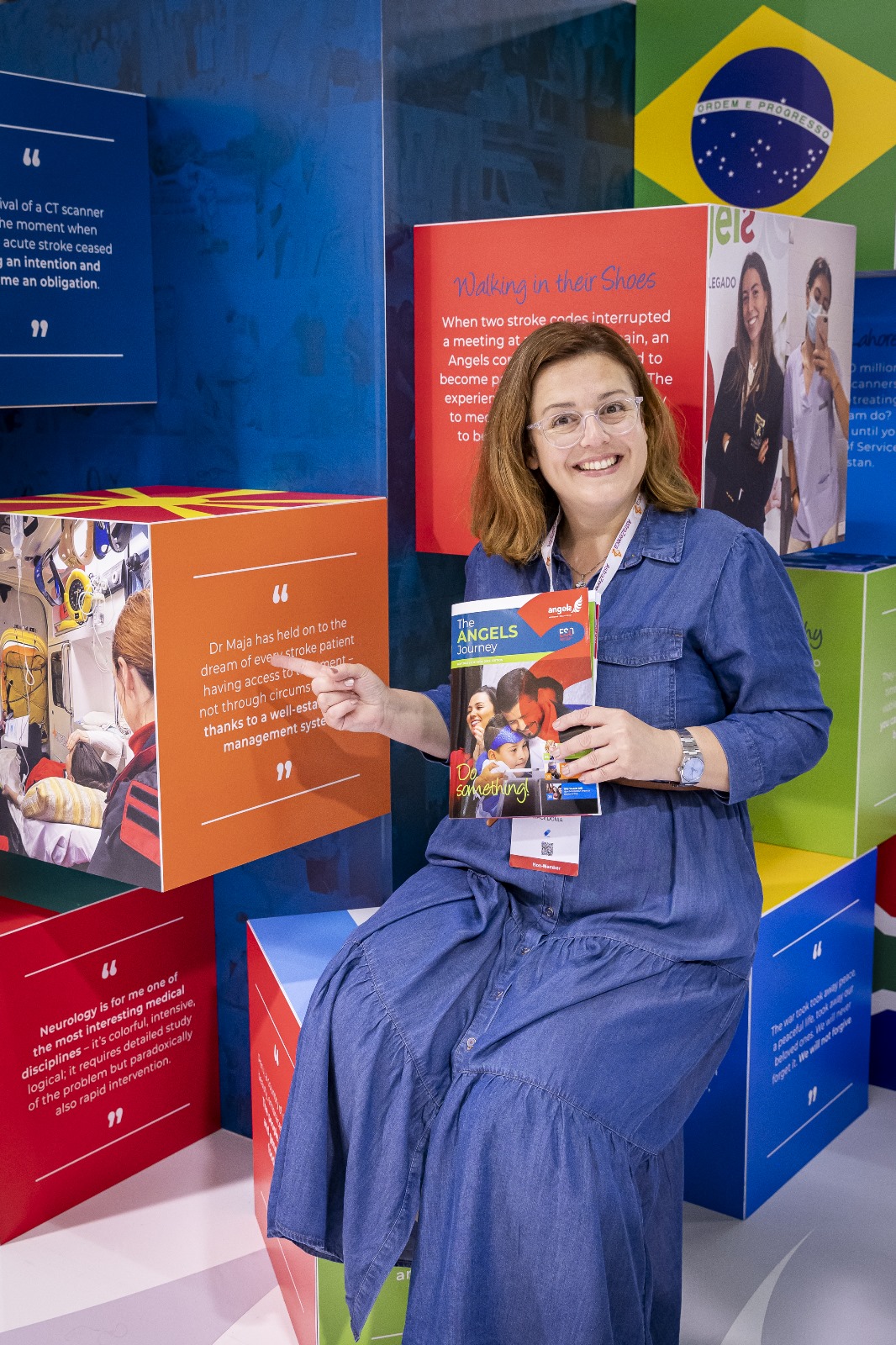
Maja Bozinovska 박사는 균형 잡힌 삶을 영위하는 것이 무엇을 의미하는지에 대한 직교적인 관점을 가지고 있습니다. “업무와 업무”라고 그녀는 말합니다. “직장을 그만두면 균형이 없다.”
일해야 한다는 강요로 인해 그녀는 북마케도니아의 뇌졸중 치료 혁신의 최전선에 서게 되었으며, 마케도니아 뇌졸중 퇴치 협회를 설립하고 이끌었고, 자신의 도시 안팎에서 변화를 옹호합니다.
이는 불안정한 연합과 조기 선거, 공중 보건 체계가 붕괴된 가난한 나라에서 시시아의 과업처럼 보일 수 있습니다. 리더십의 빈번한 변화로 인해 지원이나 연속성에 접근하기가 어렵기 때문에, Bozinovska 박사는 10대 시절부터 정치에 이르기까지 유럽 뇌졸중 연맹(Stroke Alliance For Europe, SAFE)과 유럽 뇌졸중 기구(European Stroke Organisation, ESO)를 통한 EU의 지원을 받아 프로젝트와 심포지엄에 자금을 지원합니다. 자원 봉사 협회는 대중에게 뇌졸중에 대해 교육할 뿐만 아니라 의사와 간호사를 교육하고 도플러 초음파 스캐너, ICU 모니터 및 물리 치료 보조 기구와 같은 병원용 장비를 조달합니다.
"좌절감으로 계속 나아갈 수 있다"고 Bozinovska 박사는 말합니다. “우리는 우리가 할 수 있다는 것을 알고 있습니다. 이는 매우 간단하며, 우리는 너무 가까워 보이는 것처럼 보이지만, 그곳에 도달할 수는 없습니다.” 작은 단계와 열정과 선의를 확고히 쏟아부어야 합니다.
이는 그녀가 꿈꾸는 직원뿐만 아니라 도움이 됩니다. 2023년 11월부터 Bozinovska 박사와 함께 일해 온 Angels 컨설턴트 Maria Sheverdina는 “그녀는 상황뿐만 아니라 잘 확립된 관리 시스템에 의존하는 양질의 뇌졸중 치료에 대한 보편적인 접근의 꿈을 꾸었던 한 의사”라고 말합니다. “마케도니아에는 많은 어려움이 있으며, 변화가 가능하다고 믿기 위해 멈추지 않는 누군가를 발견했을 때 보물을 발견했습니다.”
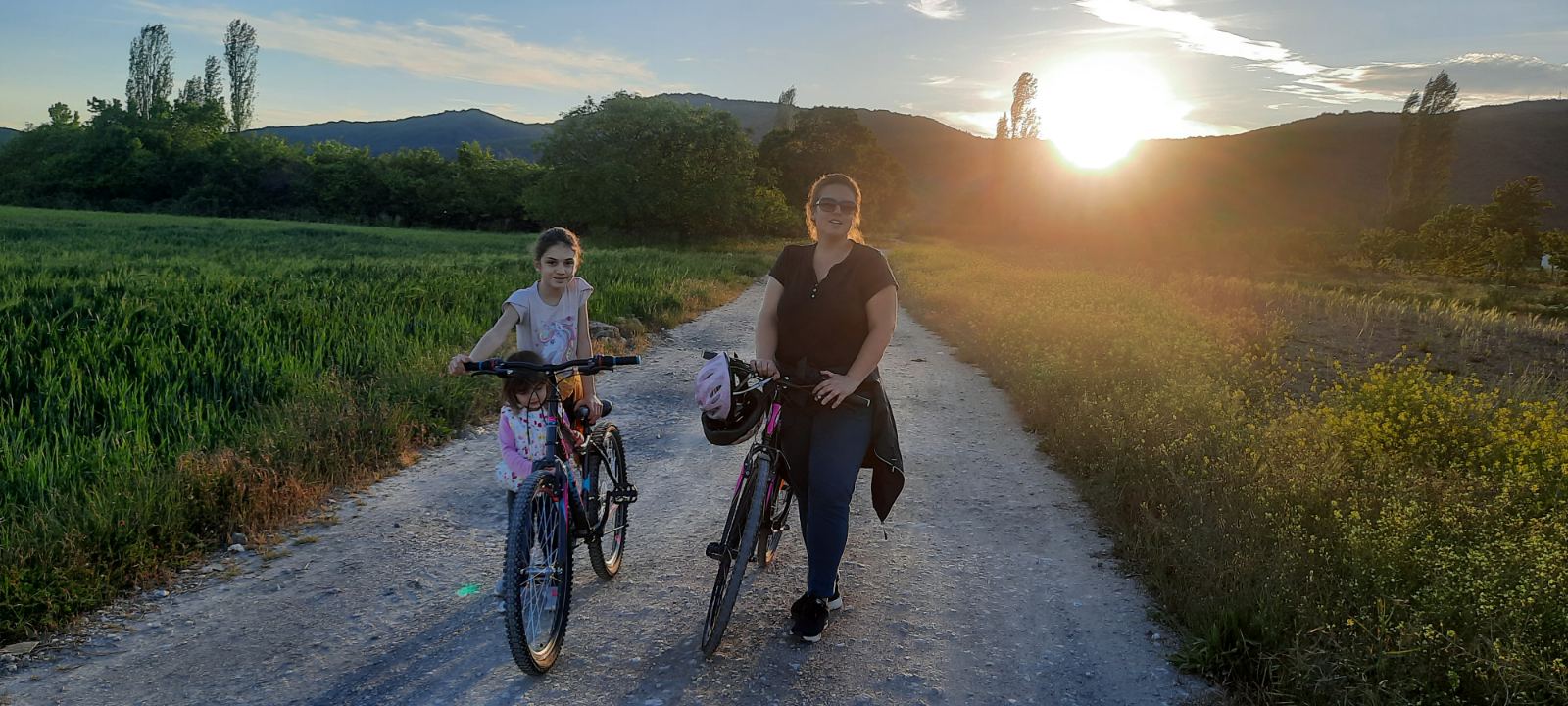
균형 잡힌 생활
Bozinovska 박사가 어떻게 보물이 되었는지에 대한 이야기는 오하리드에서 시작되었으며, 오하리드에서 남편과 함께 살고 있으며 5세와 13세의 딸 두 명과 함께 살고 있습니다. 그녀는 어린 시절 보트에서 보낸 목가적인 레이크사이드의 어린 시절을 떠올리며, 어머니가 주시였던 구 유고슬라비아와 아버지가 효율적인 공공 의료 시스템에서 정형외과 의사였던 유고슬라비아에서 해방을 했습니다.
딸들은 똑같은 자유를 누리지 못하지만, 오리드는 여전히 가족 도시로 남아 있기 때문에 스코페에서 신경학 전문을 완료하고 슬로베니아 류블랴나에서 신경생리학에 대한 더 많은 경험을 얻은 후 이곳으로 돌아왔습니다.
그녀는 다시 뇌졸중 뇌졸중 치료의 격차를 발견한 후 "소도시에서 삶을 행복하게 하고 국가를 돕고자" 하는 의도로 수도에서 전략적인 거리에서 환자와 가족 지원 협회를 시작했습니다.
지역사회에 의미 있고 유익한 일을 해야 할 필요성은 그녀가 처음으로 의사가 되어 “올바른 방식으로” 에너지를 사용하기로 선택한 이유였습니다.
그녀는 기회 마취학을 즉시 이용할 수 없었던 상황을 통해 신경과 전문의가 되었습니다. 그녀는 “좋아요”라는 그녀의 선택에 만족합니다.
그녀는 오리드의 정형외과 및 외상 전문 병원의 두 번째 신경과 전문의로, 15년 간격으로 도착했습니다. St Erasmus는 뇌졸중 병동을 구축할 능력이 없지만, Maria Sherverdina의 지원을 받아 Bozinovskais 박사는 오하리드 종합병원에서 뇌졸중 치료 경로를 조직하고 뇌졸중 병동을 설립하는 데 자신의 전문성을 빌려주고 있습니다.
Bozinovska 박사는 균형 잡힌 삶을 추구하기 위해 근무 시간 동안과 자유 시간에 환자를 돌보며 마케도니아 전역에서 동등한 뇌졸중 치료를 위해 노력하고 있습니다. 뇌졸중 그녀는 "취미와 같습니다"라고 말하며, 남서부 마케도니아 인구의 뇌졸중 유병률과 위험 요인에 대한 2년 연구를 포함하는 프로젝트에 대해 이야기합니다. 이 연구는 인식 교육 및 예방 검사와 함께 진행되었으며, 후속 설문조사에서는 이 지역의 노인 인구에서 뇌졸중 지식이 5% 증가한 것으로 나타났습니다.
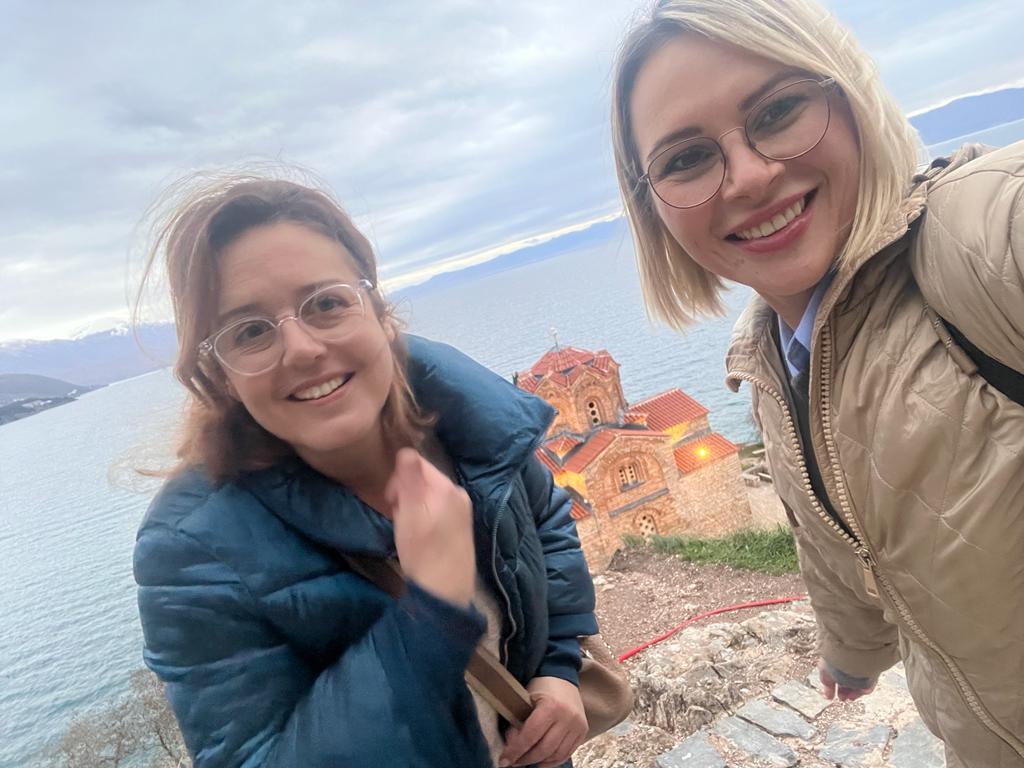
뇌졸중 치료의 인간화
Bozinovska 박사는 SAFE의 이사로, 뇌졸중 발생률을 낮추고 생존자의 삶의 질을 향상하고자 하는 범유럽 프로젝트인 유럽 뇌졸중 행동 계획의 현지 이행에 적극적으로 참여하고 있습니다. 개발도상국을 지원함으로써 글로벌 불평등을 줄이는 것을 목표로 하지만, Bozinovska 박사는 이러한 관계가 두 가지 방식으로 진행된다고 지적합니다. “우리는 개선을 향해 나아가지만 지침은 한 방향으로만 가는 것이 아닙니다”라고 그녀는 말합니다. 이는 유럽의 다른 국가들도 마찬가지로 자원이 부족한 이웃들이 보여주는 회복력과 적응력으로부터 혜택을 볼 수 있음을 시사합니다.
그녀는 또한 동유럽 의약품이 서양 국가에서 의약품보다 환자 중심적일 가능성이 더 높다는 것을 알고 있습니다.
“사람 중심의 의약품을 말하는 것이 더 낫습니다”라고 그녀는 말합니다. "이것은 의약품과 뇌졸중 치료의 인간화에 관한 것으로, 고품질 케어는 개인의 요구, 욕구, 경험 및 기대치에 따라 수정되어야 하므로, 각 개인이 자신의 개인적 목표를 달성할 수 있는 것이 이상적입니다. 그러나 상호적인 결정을 내리기 위해서는 환자와 간병인에게 매우 충분한 정보를 제공해야 합니다.
"제가 염두에 두어야 할 것은 좋은 점뿐만 아니라 나쁜 점도 공유해야 할 의무가 있다는 것입니다. 일부 결정은 부작용이 있으며 원치 않는 결과를 초래할 수 있습니다. 개인 중심 의약품에서 환자는 상호 의사 결정과 공동의 책임을 위해 충분한 정보를 제공받습니다. 그러나 사람 중심의 의약품이 성공하려면 먼저 대중을 교육해야 합니다.
“이는 많은 상태가 치유 불가능한 신경학에서 특히 중요하며, 이를 이해하고 받아들일 수 있도록 환자에게 이를 설명해야 합니다.”
마케도니아에서는 나이가 많은 환자가 의사를 "스위트" 또는 "내 아이"로 언급하는 것은 드문 일이 아니라고 말합니다. 이러한 비공식성은 환자 의존이 표준인 의료 문화와 교차하여 친밀함을 조성하고 의사와 환자 관계를 민주화합니다.
DrBozinovska의 프로젝트에 유리한 국가적 특징이 하나 더 있습니다.
“마케도니아인들은 투쟁자입니다.”라고 그녀는 말합니다. “우리는 상황에 적응하고 나쁜 이야기를 최대한 활용할 수 있습니다.”
어려운 상황에서는 카멜레온과 같은 적응력으로 희망을 계속 살릴 수 있으며, 자신과 다른 사람들이 마케도니아의 뇌졸중 치료에 대한 더 나은 이야기를 씁니다.
